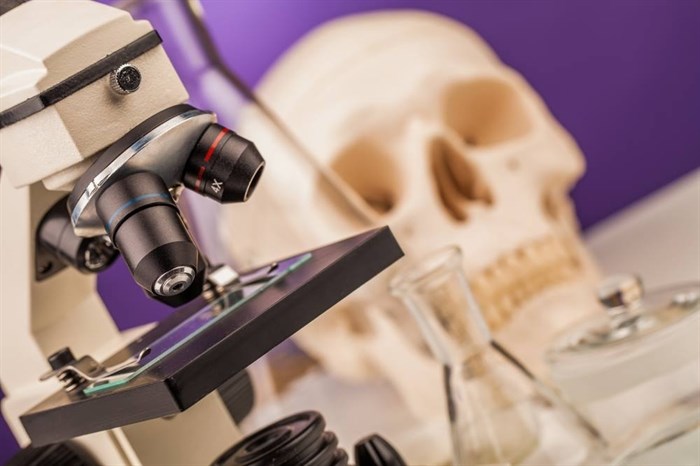
Image Credit: Shutterstock
March 09, 2016 - 9:00 PM
VERNON - Human remains discovered in Vernon last summer travelled to the other side of the world — along with samples from 24 other unsolved coroner’s cases — before they were, at long last, identified.
Staff at the B.C. Coroners Service had already tested the remains, found in June 2015 on the banks of Cherry Creek in the North Okanagan, and had been unable to produce a DNA profile before crossing their fingers and sending them off to a lab in Bosnia and Herzegovina operated by the International Commission on Missing Persons.
Remarkably, the lab was able to extract a profile and the coroners service was able to match it to that of Charles Lee Scott, 32, who went missing in 2011 and was presumed drowned in Cherry Creek.
Laurel Clegg, manager of the B.C. Coroner Service’s Identification and Disaster Response Unit, says they’ve been able to advance cases from as far back as 1978 since getting involved with the missing persons commission.
“These are cases that have already been tested once, twice even three times already. They are no hope, nothing else we can do after this cases,” Clegg says.
The idea to seek out other options for DNA testing in difficult to solve cases came about when Clegg and another colleague came on board with the coroner’s service last year.
“We both come from a forensic science background,” Clegg says. “I thought ‘why are we giving up on these cases where we can’t find any DNA?’”
The service put out a bid for more extensive testing, and the International Commission on Missing Persons was the successful organization. The lab was created to identify roughly 40,000 people reported missing due to the Bosnian War, many of whom were dumped in mass grave sites.
At first, the coroners service sent eight samples to the lab as a test. When all eight miraculously came back with a DNA profile, 16 more were sent.
“We said ‘what else do we have? Let’s empty the cupboards,” Clegg says.
Of the 24 samples sent in all — many of them significantly degraded from water and weather damage — the lab was able to extract DNA from all but one.
“It’s interesting that out of the war, something very powerful has come out of it,” Clegg says. “It’s special to work with (the commission) and know they are as invested as we are. For them, it’s not just another case. They’re very aware it’s a person or someone’s loved one.”
The B.C. Coroners Service currently has 177 unidentified human remains cases, and Clegg says they are investigating other files that may benefit from being sent to the lab in Bosnia.
“They’re sharing their technology with our lab here in Canada, so maybe that expertise will be much closer to us, and we’ll have that right here in Canada. Who knows?” Clegg says.
As technology advances, she says old cases are constantly being revisited.
“We’re looking at these and we don’t give up,” Clegg says.
She’s encouraging people to file reports to the RCMP for all missing persons cases.
“Don’t assume that someone’s been reported missing or that it’s not your place to do so. We’ve had cases where people have come forward 30 years later and we’ve been able to solve a case,” Clegg says. “We can’t do our job unless we know who’s missing.”
To contact a reporter for this story, email Charlotte Helston at chelston@infonews.ca or call 250-309-5230. To contact the editor, email mjones@infonews.ca or call 250-718-2724.
News from © iNFOnews, 2016